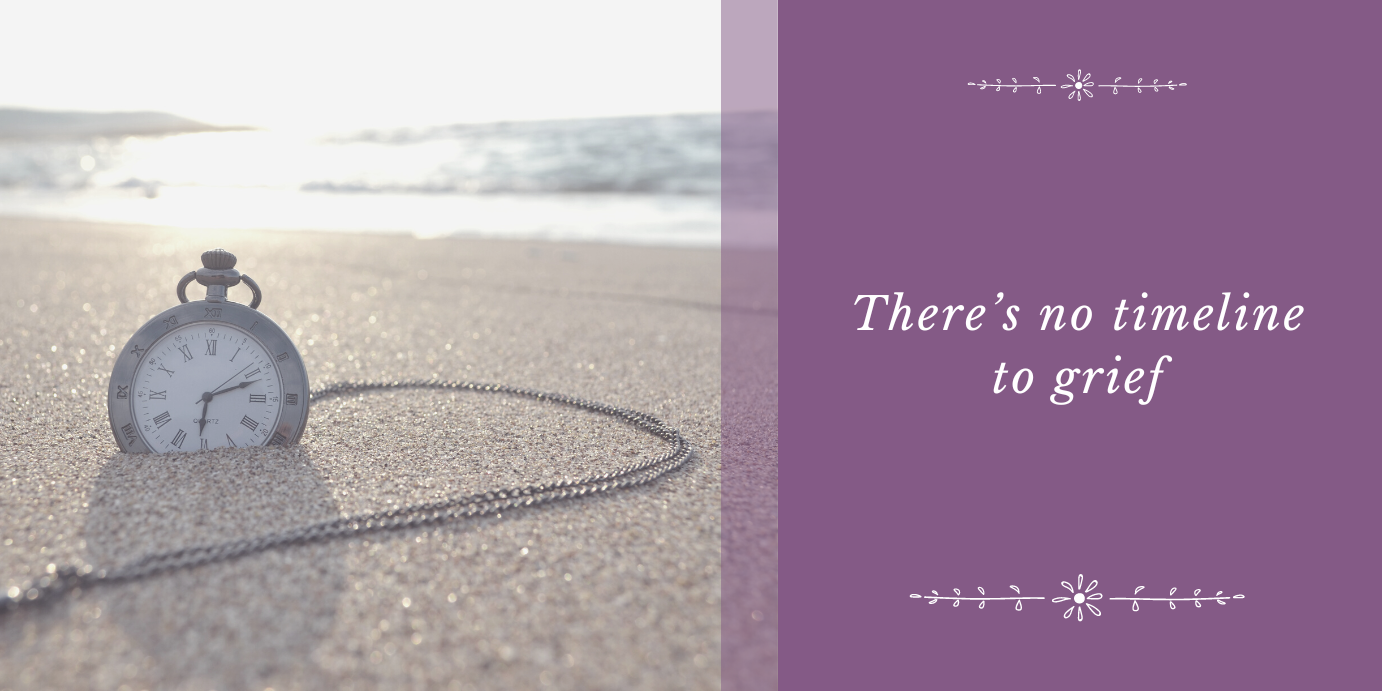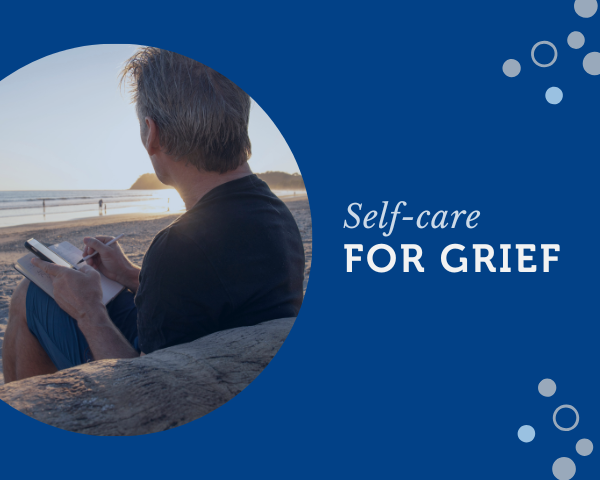Demystifying Myths About Grief
Have you lost a loved one and are finding it hard to cope? Are you experiencing grief but don’t know how to express it? How can you help yourself and others with the grieving process?
Grieving is something that everyone deals with differently and no two people will experience the same feelings at the same time after dealing with the death of a loved one. There is no right or wrong way to grieve, it’s personal, unpredictable, and very individual. Some express it openly, while others hide it away, some grieve and move on, while others grieve for a lifetime.
In our experience, we see how death impacts people, families and even communities.


Myths About Grieving
Whilst there are general stages of grief, which we’ll cover, it’s important to understand that every grieving experience will be unique and different.
Myth 1 – You can only feel grief when someone dies
We speak mainly about grief after the death of a loved one, but it’s not just an emotion about death. We can experience grief and depression after different types of loss, from a life changing diagnosis or disability to a divorce or relationship break-up.
Myth 2 - “Time heals all wounds” or “Time is a great healer”
It may be that time gives us the opportunity to process and adjust to loss, but it never instantly stops grief. Some people struggle with grief for years and others can move forward, but in reality, there is no set time to how long you may feel grief and bereavement.
Myth 3 – If we ignore grief and loss, it will go away
Many people don’t want to acknowledge or handle grief and shut it away, ignoring the pain. Like an itch that needs to be scratched, grief can become all-encompassing if we don’t deal with the pain and loss. Talking, crying and even getting angry about your loss are ways to let go of emotions and take small steps to move forward.
Myth 4 – Getting over grief
You never ‘get over’ the loss of a loved one, whether it’s the grief of losing a parent, child, relative or friend. With grief help and counselling you can learn to live alongside your loss and rebuild your life. This isn’t discrediting your loved one, but a way to honour their life and the one you have to live.
Myth 5 – We need closure
Getting closure for grief and anger is not straightforward. You can’t just shut a door and move on. Grief is a healing process and can’t be forced, therefore expressing grief and love for a lost one, is a manner of closure but there can never really be full closure, after all, you don’t want to forget them or wipe their memory from your life.

Grief Stages
There are numerous concepts about the stages of grief and grief therapy. Many people go through the 5 stages of grief, being denial, anger, bargaining, depression, and acceptance. Although it’s important to note that grief and loss is far from an exact science and everyone will experience different emotions at different times, and not necessarily in the order above.
Another line of thinking is the idea of growing around grief, contrary to the ‘time heals’ or ‘you’ll get over it’ viewpoints. This acknowledges that grief will never go away completely, but there will be days when you don’t feel the grief and anxiety as strongly as the day they died. Life goes on and grows around you and while we can still grieve the loss, we carry on with our own lives.
We Love So We Grieve
The above is so true, because if we didn’t love or care, then we wouldn’t grieve or feel that loss and emptiness. Loss irrevocably changes you, when you lose someone, the connection and relationship don’t die, and those feelings don’t disappear. This is why grief can cause anxiety and can even cause physical pain.
How To Support Yourself Through Grief
With the loss of a loved one, your world is changed forever, but it’s important to remember when grieving and taking care of others, to also take time for yourself. Here’s some self-care that may help during grieving:
- Let yourself feel emotions, however painful they may be, don’t shut them away. Even if you can’t deal with them yet, acknowledge them and don’t berate yourself.
- Keep talking to your family, friends and those close to you. Stay emotionally connected through phone calls, emails, and messages.
- Keeping to basic routines such as the time you get up and get washed and dressed. Ensure you have mealtimes and a bedtime routine.
- Take a walk or sit on a bench, but getting outside for some fresh air can help.
- Children and young people may deal with grief differently, check in with them and let them do things at their own pace.
- It’s okay to be sad. Grief poems or a grief journal can help to get your feelings out if you can’t talk about them.
- When you’re feeling low, the world can be a sad place, limit the amount of news and social media and, above all, be kind to yourself.
Amongst all the heartache, pain, anger, and negative emotions of grieving, there is also hope and strength. Grieving is unquestionably about loss, but it’s also about the impact that a special individual had on your life, the memories and how they uniquely touched your life.
If you or someone you know have been affected by grief, we have some more information about dealing with bereavement and available support.




